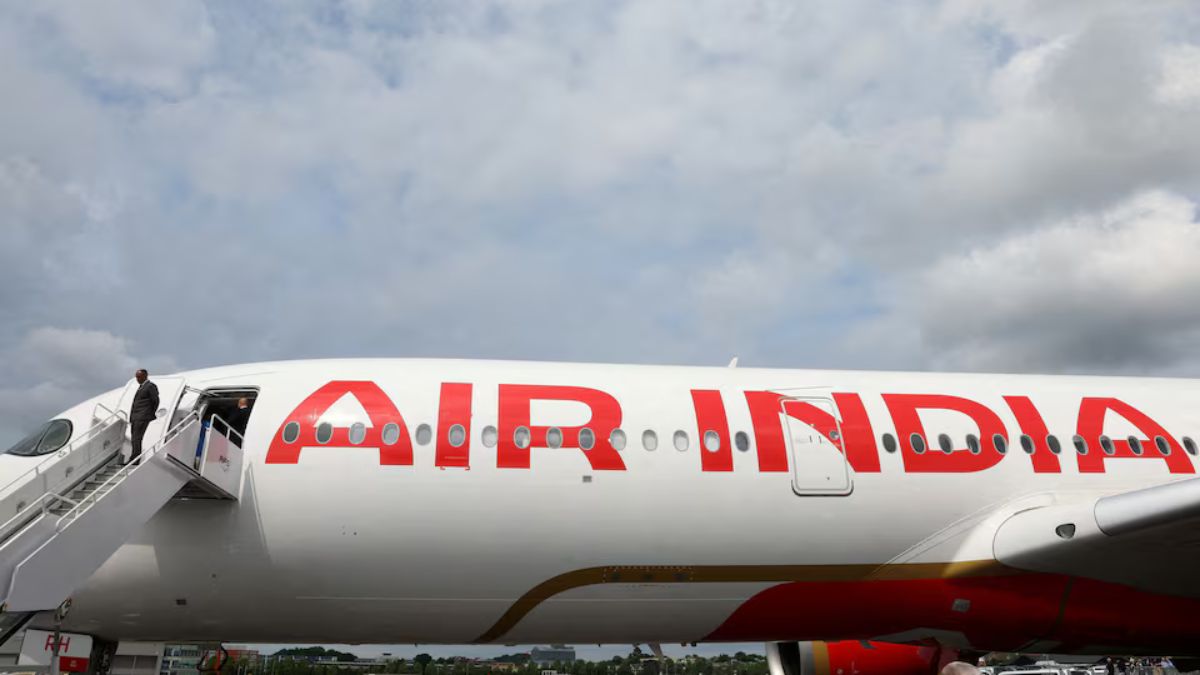Air India scare: Delhi-bound flight catches fire after landing, passengers and crew unharmed

A Hong Kong-Delhi Air India flight on Tuesday caught fire shortly after landing at the Indira Gandhi International Airport.
Although flight AI 315 sustained damage due to the fire, passengers and crew members were evacuated safely.
ALSO READ | Ahmedabad plane crash: Air India finds no issues in Boeing 787, 737 fuel control switches
The fire is said to have originated in the flight's Auxiliary Power Unit (APU), shortly after it had landed and was parked, and just as passengers had begun disembarking, according to an Air India spokesperson. This led to the APU automatically shutting down.
"The aircraft has been grounded for further investigations and the regulator has been duly notified," the spokesperson added.
An APU, as the name suggests, is a small (and independent) gas turbine engine typically used to provide supplementary power to the aircraft when it is on the ground, and sometimes in the air as well.
ALSO READ | Air India flight scare: Kolkata-bound plane stopped midway through take-off due to 'technical issue'
Media reports suggest that the fire has since been doused.
This is the third Air India-related incident this week, following the excursion of the AI 2744 off the runway in Mumbai, as well as the sudden stoppage of the AI 2403 midway through take-off from Delhi—both of which took place on July 21.
Air India has received nine show cause notices over the last six months, junior civil aviation minister Murlidhar Mohol told lawmakers on Monday, amid heightened scrutiny of the airline in the aftermath of the Ahmedabad-London AI 171 crash that killed 260 people, as well as various smaller incidents that took place later on, stemming from technical issues.
The notices were related to five safety violations, Mohol added, without giving any details on the violations, a PTI report said.
"Enforcement action has been completed in respect of one violation," he said.
In that regard, the airline stated in an X post on Tuesday that it had completed DGCA-mandated precautionary inspections into the locking mechanism of the Fuel Control Switch (FCS) on all Boeing 787 and Boeing 737 aircraft in its fleet and claimed no issues were found in those examinations. These precautionary inspections were held following the Aircraft Accident Investigation Buraeu (AAIB) preliminary report, which had cited an issue with the now-crashed flight's FCS as the reason for the June 12 crash.
India